Kwashiorkor is a form of malnutrition – people with kwashiorkor are deficient in protein and as well as some vitamins and minerals. Protein is absolutely essential for good health because we need it for the maintenance of all body tissues, it enables countless reactions in the body, it’s needed for a healthy nervous system, for body regulation through hormones and it’s a part of our genetic information.
Severe protein deficiency causes swelling in some tissues due to fluid retention, which results in the typical kwashiorkor look – swollen belly, face, hands and feet, and emaciated limbs. The distended belly can be misleading but it is, however, a sign of critical malnutrition.
Other symptoms may include brittle hair, hair loss and loss of pigment in hair, skin problems or rashes (dry, scaly or red patches), changes in skin pigmentation, enlarged liver, dehydration, loss of muscle mass, irritability, fatigue, loss of appetite, stunted growth in children, failure to gain weight and grow, more frequent and severe infections due to damaged immune system and even apathy.
Kwashiorkor usually affects children, predominantly in developing countries with high levels food scarcity and poverty. There may be food to eat but not nutritious enough and lacking protein. The disease is most common in children between three and five years old. It’s because at this age many children have recently transitioned from breastfeeding to a potentially insufficient diet.
With the right treatment, adults can recover fully but children may be unable to reach their full height and growth. Without treatment, the condition is life threatening.
Food must be restarted slowly because when you’re essentially starving for a long time, your body cannot handle high-calorie foods and eating too much too quickly can cause problems. Many malnourished children also develop lactose intolerance so they mustn’t be given dairy products.To prevent kwashiorkor and ensure good nutrition, protein-rich and cheap foods, such as beans, lentils, peas and chickpeas, should be made a part of everyone’s diet. Wholegrain products (oats, pasta, bread), nuts and seeds are also good sources.

